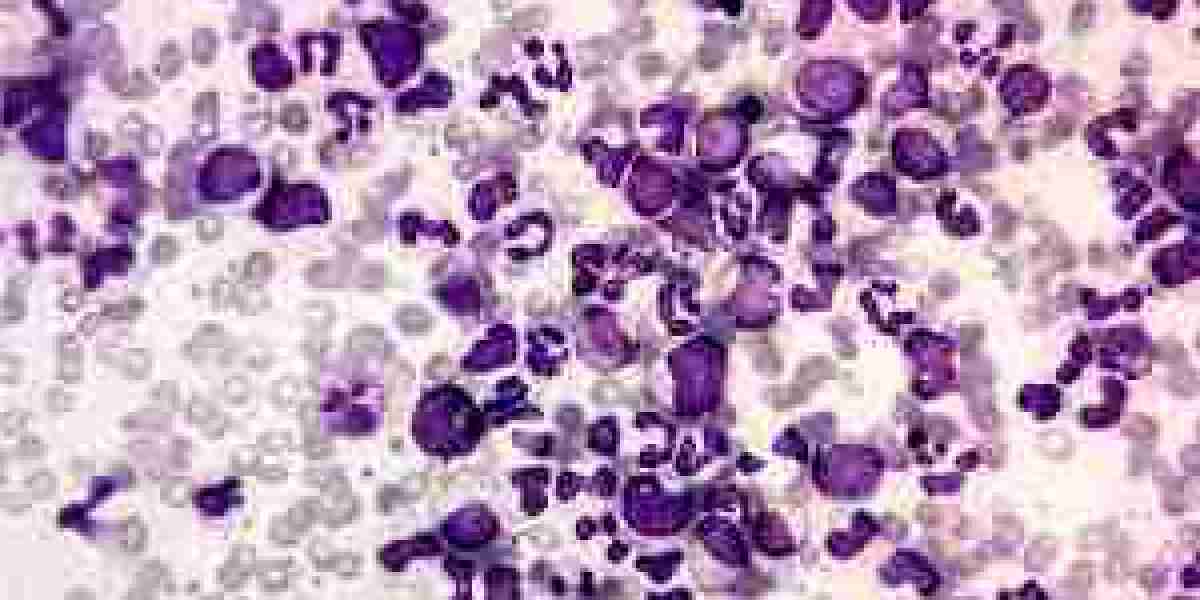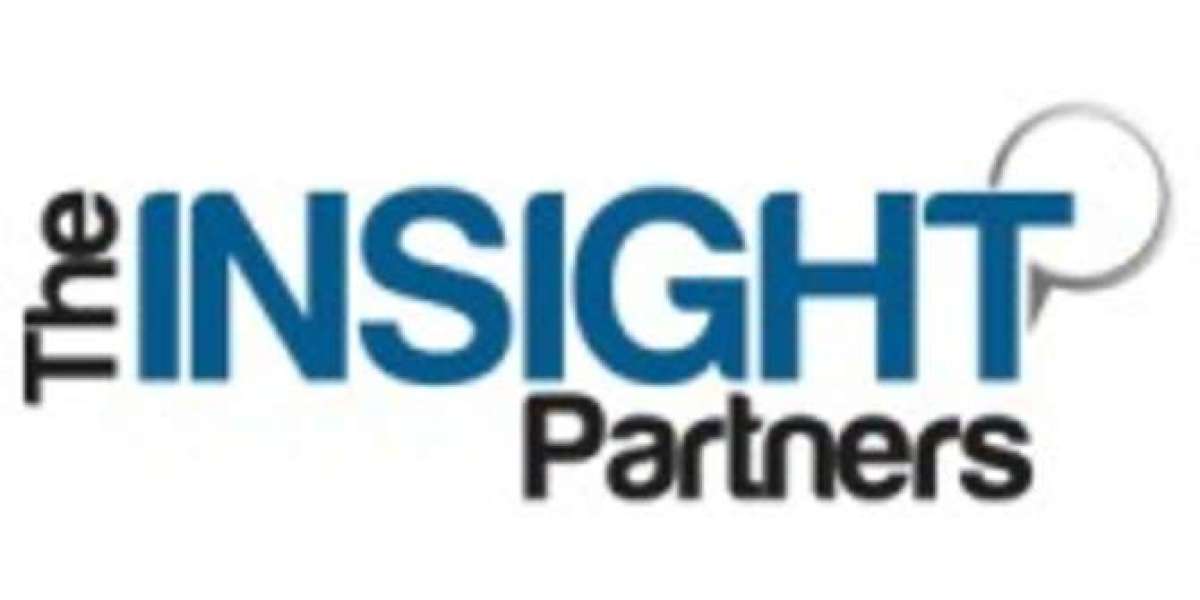Chronic Myeloid Leukemia (CML) is a rare form of blood cancer characterized by the overproduction of white blood cells in the bone marrow. Despite its rarity, CML poses significant challenges due to its chronic nature and potential progression to an aggressive phase if left untreated. However, the landscape of CML treatment has witnessed remarkable advancements over the years, shaping a market focused on improving patient outcomes and quality of life.
Browse the full report at https://www.credenceresearch.com/report/chronic-myeloid-leukemia-cml-treatment-market
Current Treatment Landscape:
Traditionally, the treatment of CML relied heavily on chemotherapy and bone marrow transplantation. However, the advent of tyrosine kinase inhibitors (TKIs) has revolutionized CML management. TKIs inhibit the activity of the BCR-ABL protein, which is responsible for the uncontrolled cell division characteristic of CML. Imatinib, the first TKI approved for CML treatment, marked a significant milestone in the management of the disease.
Emerging Therapeutic Innovations:
1. Second and Third-Generation TKIs: While imatinib laid the foundation for targeted CML therapy, subsequent generations of TKIs such as dasatinib, nilotinib, and bosutinib have offered enhanced efficacy and safety profiles. These newer agents have demonstrated improved response rates and reduced resistance compared to imatinib, providing patients with more treatment options and better outcomes.
2. Combination Therapies: Combining different TKIs or TKIs with other modalities such as chemotherapy or immunotherapy has emerged as a promising strategy to overcome resistance and achieve deeper responses in CML patients. Clinical trials investigating various combination regimens are underway, with preliminary results showing encouraging efficacy and tolerability.
3. Treatment-Free Remission (TFR): TFR has emerged as a novel treatment goal in CML management, aiming to enable patients to maintain disease control without continuous medication. This approach not only reduces the burden of long-term drug therapy but also preserves the quality of life for patients. Clinical trials evaluating TFR strategies have shown that a subset of CML patients can sustain remission after discontinuing TKI therapy under careful monitoring.
4. Targeted Therapies Beyond TKIs: Beyond TKIs, researchers are exploring alternative targeted therapies that address specific molecular pathways implicated in CML pathogenesis. Novel agents targeting proteins such as ABL kinase domain mutations or the PI3K/AKT/mTOR pathway are being investigated in preclinical and early clinical studies, offering potential alternatives for patients resistant to conventional treatments.
Market Dynamics and Future Prospects:
The CML treatment market is witnessing robust growth driven by ongoing research and development efforts aimed at addressing unmet needs in disease management. Key players in the pharmaceutical industry are investing heavily in innovative therapies and clinical trials to expand the therapeutic armamentarium for CML. Additionally, advancements in diagnostic technologies and personalized medicine approaches are facilitating early detection of CML and tailoring treatment strategies based on individual patient characteristics.
Despite these advancements, challenges such as drug resistance, treatment-related toxicity, and access to novel therapies persist, particularly in resource-limited settings. Addressing these challenges requires collaborative efforts among healthcare stakeholders, including clinicians, researchers, pharmaceutical companies, and regulatory agencies, to ensure equitable access to cutting-edge treatments and optimal patient care.
Key Players
- Teva Pharmaceuticals Industries Ltd.
- Incyte Corporation
- Novartis AG
- ARIAD Pharmaceuticals, Inc.
- Stragen Pharma SA
- Pfizer, Inc.
- Bristol-Myers Squibb
- Otsuka Pharmaceutical Co., Ltd.
- Bio-Path Holdings
- Prism Pharmaceuticals
- Hospira, Inc.
Segmentation
- Treatment Type:
- Tyrosine Kinase Inhibitors (TKIs)
- Stem Cell Transplantation
- Interferon Therapy
- Others
- Phase of Treatment:
- First-Line Treatment
- Second-Line Treatment
- Third-Line and Beyond
- Patient Risk Stratification:
- Low Risk
- High Risk
- By Region
- North America
- The U.S.
- Canada
- Mexico
- Europe
- Germany
- France
- The U.K.
- Italy
- Spain
- Rest of Europe
- Asia Pacific
- China
- Japan
- India
- South Korea
- South-east Asia
- Rest of Asia Pacific
- Latin America
- Brazil
- Argentina
- Rest of Latin America
- Middle East & Africa
- GCC Countries
- South Africa
- Rest of Middle East and Africa
- North America
About Us:
Credence Research is committed to employee well-being and productivity. Following the COVID-19 pandemic, we have implemented a permanent work-from-home policy for all employees.
Contact:
Credence Research
Please contact us at +91 6232 49 3207
Email: [email protected]



